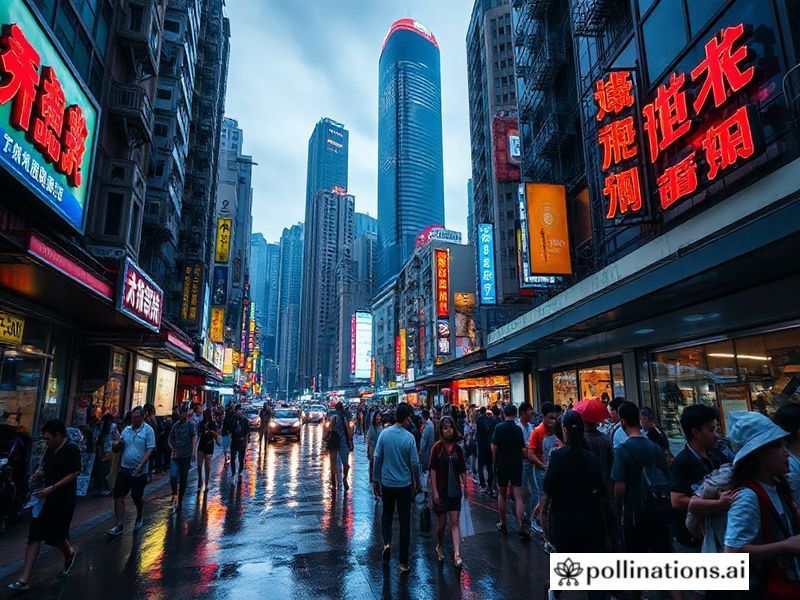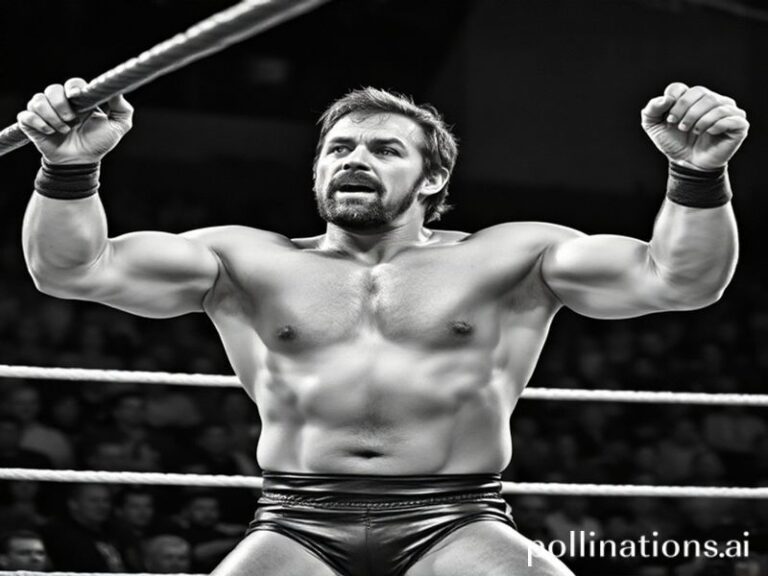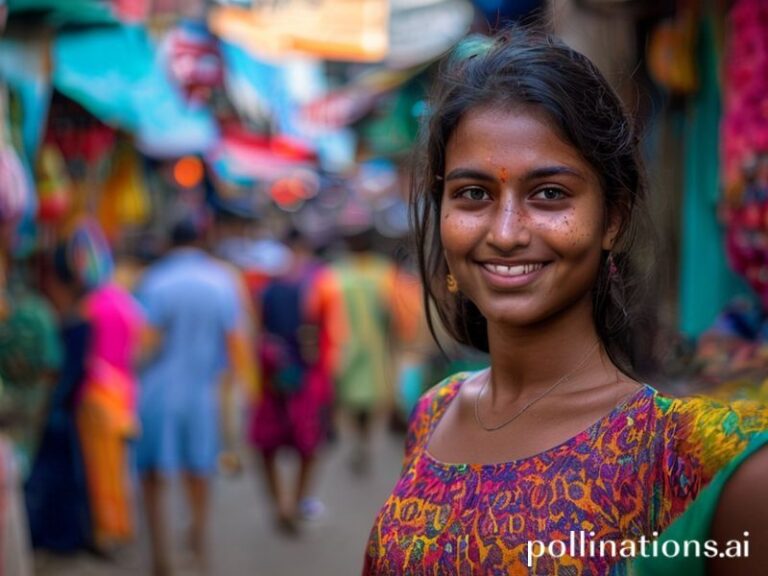Hong Kong Open: When Tennis Meets Politics, and the Ball is a Hot Potato
# **Hong Kong Open: When Tennis Meets Politics, and the Ball is a Hot Potato**
In a world where sports and politics are supposed to be like oil and water—never mixing—Hong Kong has served up a match that’s got everyone talking. The **Hong Kong Open**, a tennis tournament that’s usually just about aces and backhands, has suddenly become a global hot topic. Why? Because when politics steps onto the court, even the most innocuous serve can turn into a grand slam of controversy. Let’s break down why this tournament is trending globally and why it’s more than just a game.
### **Cultural Context: Tennis, Politics, and a City on Edge**
Hong Kong has always been a city where East meets West, tradition clashes with modernity, and freedom of expression is both celebrated and contested. The Hong Kong Open, traditionally a prestigious tennis event, has historically been a platform for athletes to showcase their skills. But in recent years, the city has been a hotbed of political tension, with pro-democracy protests, debates over autonomy, and a complex relationship with mainland China.
When the **Women’s Tennis Association (WTA)** announced that it was suspending tournaments in Hong Kong due to safety concerns following the 2019 protests, it sent shockwaves through the sports world. The decision was framed as a precaution, but it also highlighted the delicate balance between sports diplomacy and political realities. Fast forward to 2023, and the tournament is back—but the stakes are higher than ever.
### **Social Impact: When Sports Become a Political Battleground**
The Hong Kong Open isn’t just about tennis anymore; it’s about **freedom of speech, corporate responsibility, and the role of international organizations in politically sensitive regions**. The WTA’s decision to pull out of Hong Kong in 2019 was seen by some as a stand against authoritarianism, while others argued it was a cowardly move that abandoned athletes and fans in the city.
Now that the tournament is back, the question is: **Will athletes speak out, or will they stay silent to avoid controversy?** Tennis has a history of political activism, from Billie Jean King’s fight for gender equality to Novak Djokovic’s vaccine stance. But in Hong Kong, the stakes are even higher. A single tweet or interview could have real-world consequences, both for the athlete and for the tournament’s future.
### **Why This Matters: The Intersection of Sports and Global Politics**
The Hong Kong Open is significant because it’s a microcosm of the broader tensions between sports and politics. In an era where athletes are increasingly expected to take stands on social issues, events like this one force us to ask tough questions:
– **Should sports organizations take political stances, or should they remain neutral?**
– **How do athletes navigate performing in regions with complex political landscapes?**
– **What role do international sports bodies play in promoting human rights?**
The answers to these questions aren’t simple, but the Hong Kong Open is forcing the world to confront them. Whether you’re a tennis fan, a political junkie, or just someone who loves a good drama, this tournament is a must-watch.
### **Conclusion: Love-15, But the Score is Far From Settled**
The Hong Kong Open is more than just a tennis tournament—it’s a reflection of the world we live in, where sports, politics, and culture collide in ways that are as fascinating as they are complicated. As the players step onto the court, the world will be watching, not just for the matches, but for the statements they make—both on and off the court.
So, grab your popcorn (or your tennis racket), because this is one match you won’t want to miss. And remember: in Hong Kong, even the ball can be a hot potato.







